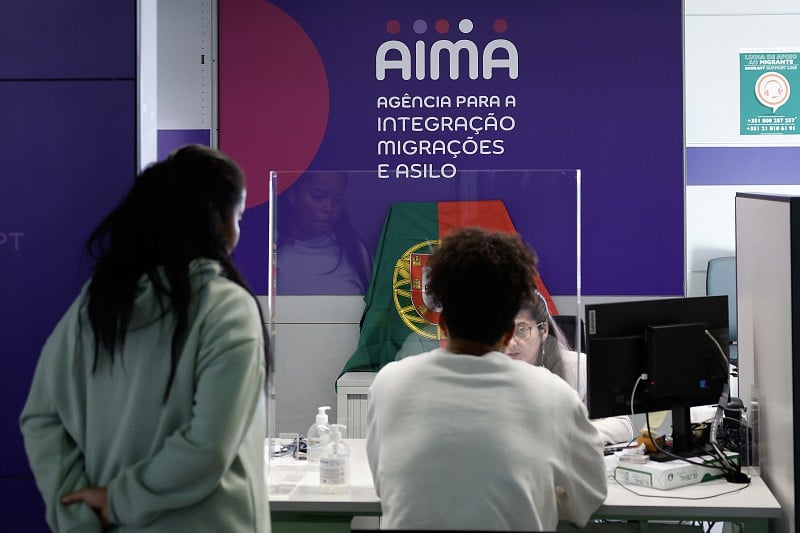In two months, 20 transfer requests were made, a figure that becomes significant when considered alongside dismissals, sick leave, and retirements.
The Agency for Integration, Migration, and Asylum’s shortage of human resources is directly affecting the care and integration of foreigners. The Union of Migration Technicians has expressed concern and stated that a specific career path with improved conditions is essential for retaining employees.
In two months, 20 transfer requests were made, a figure that becomes significant when considered alongside dismissals, sick leave, and retirements.
A deliberate immigration policy is essential for the Union of Migration Technicians, which complains about constant pressure and a lack of career attractiveness.
The result of these problems is visible every day at the door of the AIMA (Agency for Integration, Migration, and Asylum) call centres.
“We need to start with internal communication, start by having perfectly completed orders, and aim to avoid such a heavy structure, as if we had two thousand people with numerous departments and countless sections where no one understands each other,” stated Manuela Niza Ribeiro, Union of Emigration Technicians in an interview with SIC Notícias.
The situation is especially worrying in Porto, where there is a significant lack of human resources and only 15 tickets are distributed daily. However, the problems at AIMA extend to several other areas of the country. In the Azores, the insular subsidy cut is leading to more departures from the sector.
“In Braga, AIMA no longer has a headquarters, so to speak, and everything has been transferred to the Loja do Cidadão, creating the impression that they wish to reduce the agency to a mere service desk. In Coimbra, exactly thesame situation is occurring. Manuela explains that “the headquarters with three floors currently has only one operating; the others have all been closed because of teleworking.”
All these concerns will reach the Assistant Secretary of State of the Presidency this week, with whom the Union hopes to meet soon to discuss the possibility of creating a specific career with training to respond to the current challenges.




















